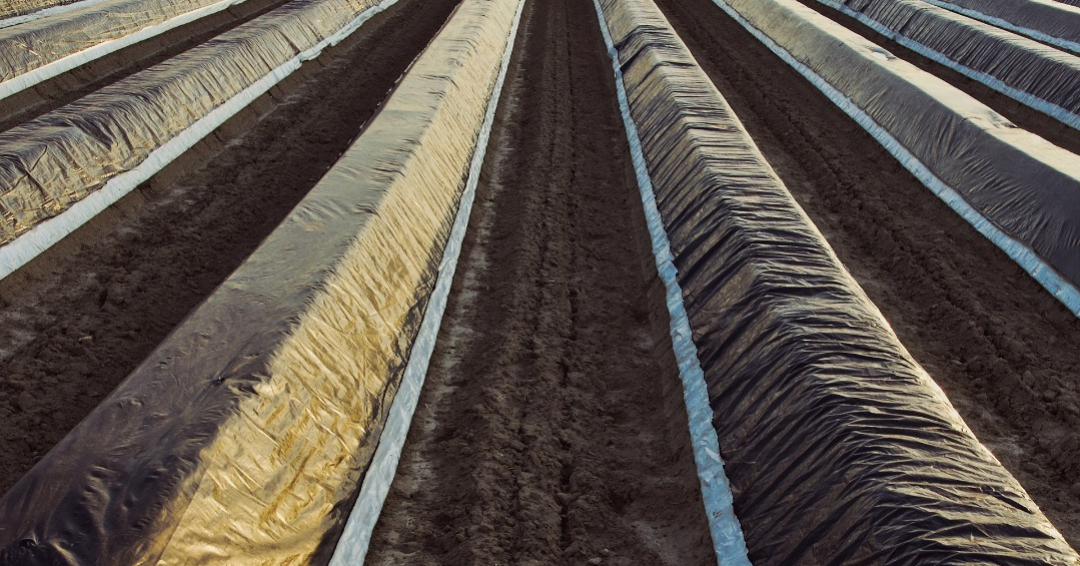Frequent extreme weather and increased food demand have caused a reliance on plastics in agriculture, such as in greenhouses, films for temperature control, irrigation pipes, and seed coatings. When all these products decompose, they release microplastics into the soil, altering its physiochemical properties.
When humans come in contact with plastic contaminated food and water, they ingest microplastics that reach their intestines, lungs, blood, brain, and breast milk, causing inflammation of the tissues. Additionally, compounds added to plastic (like plasticizers, stabilizers and pigments) can affect the endocrine system.
Researchers Liuyue He and Zhongbin Li of Wuhan University, Qian Jia of Tongji University, and Zhenci Xu of the University of Hong Kong call on authorities to encourage research on biodegradable plastics, and to develop technologies that can remove plastics from the soil.
Source: Science.org

